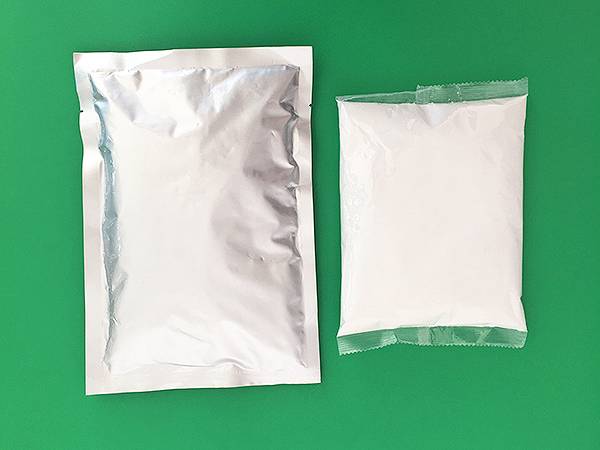



Effective Techniques for Treating Swimming Pool Water Quality
Swimming Pool Water Treatment Methods
Maintaining clean and safe water in swimming pools is essential for ensuring a pleasant and healthy swimming experience. Various water treatment methods have been developed over the years to keep pool water clear, sanitized, and free of harmful contaminants. Below, we will discuss some of the most effective swimming pool water treatment methods.
1. Chlorination
Chlorination is one of the most widely used methods for disinfecting swimming pool water. Chlorine is a potent chemical that effectively kills bacteria, viruses, and other pathogens that can thrive in pool water. There are different forms of chlorine available, including liquid chlorine, chlorine tablets, and granules. Regular testing of chlorine levels is crucial, as maintaining the right balance ensures effective sanitation while minimizing potential skin and eye irritation for swimmers.
2. Saltwater Systems
Saltwater pools use a salt chlorinator to convert salt into chlorine through a process known as electrolysis. This method provides a continuous source of chlorine, reducing the need for manual chlorination. Saltwater systems generally offer a more balanced and softer swimming experience, which is gentler on the skin and eyes. Additionally, they typically require less maintenance and produce fewer chlorine-related odors.
3. UV Water Treatment
swimming pool water treatment methods

Ultraviolet (UV) water treatment systems use ultraviolet light to disinfect pool water. When water passes through a UV chamber, the intense light kills bacteria and viruses, providing an additional layer of sanitation. This method is particularly effective as it does not introduce any chemicals into the pool, making it an eco-friendly option. However, UV systems are usually used in conjunction with chlorine or bromine to ensure comprehensive treatment.
4. Ozone Treatment
Ozone treatment involves the use of ozone gas, a powerful oxidizer that can eliminate organic contaminants and pathogens in pool water. Ozone systems are highly effective at improving water clarity and reducing the necessity for chlorine. However, due to the instability of ozone, it must be generated on-site and cannot be stored, requiring a reliable system to maintain consistent treatment.
5. Ionization
Ionization employs copper and silver ions to purify pool water. The ions disrupt biological cell functions, effectively killing bacteria and algae. This method is particularly advantageous for reducing chlorine usage, leading to softer water that is often more comfortable for swimmers. Ionization systems can be a significant investment but provide long-term savings in chemical costs.
In conclusion, various methods are available for swimming pool water treatment, each offering unique advantages and considerations. By understanding these methods and ensuring proper maintenance and balanced chemistry, pool owners can ensure a safe and enjoyable swimming environment for all users. Whether opting for traditional chlorination, advanced technology like UV or ozone treatment, or the gentler approach of saltwater or ionization, the key lies in regular monitoring and care.
-
Essential Guide to Disinfectant Drinking Water Solutions and TechnologiesNewsNov.25,2025
-
How and Why to Disinfect Water Softeners for Safe, Reliable WaterNewsNov.24,2025
-
Effective Deionized Water Disinfectant Solutions for Healthcare & Industrial UseNewsNov.24,2025
-
Commonly Used Disinfectant for Drinking Water – Global Uses & InnovationsNewsNov.23,2025
-
Chemical to Disinfect Water – Essential Solutions for Safe, Clean Drinking WaterNewsNov.23,2025
-
Blue Water Disinfectant: Safeguarding Global Water Quality with InnovationNewsNov.22,2025
-
Bleaching Powder for Water Disinfection – Affordable & Effective Water Treatment SolutionNewsNov.22,2025










